Plants play an imperative role in everyone’s lives in many ways. Plants bring positivity and remove negativity around you. As per Vastu Shastra, there are certain kinds of plants that you should plant in your garden and home to enjoy greenery and also get other essential benefits. There are also some plants that bring wealth and health to you.
In this guide, you will find a few amazing Vastu plants that you must grow in your garden and home to get such great advantages.
Popular Vastu Plants
1. Holy Basil Plant
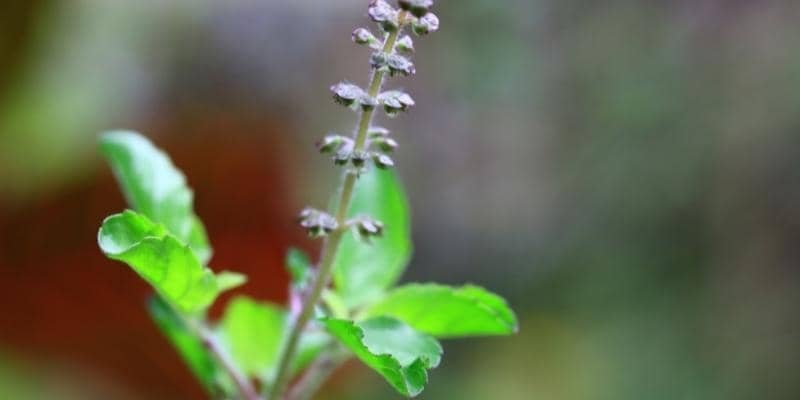
Holy basil is one of the most sacred and auspicious plants. There are a number of benefits to Tulsi. It is mainly used in the medicinal fields to get relief from various diseases, such as cleaning the digestive tract and improving blood circulation by removing toxins from the blood. According to Vastu Shastra, it is the best plant for your home in Hindu religion. People prefer to grow this Vastu plant in the north and east corners of their home. Devotees worship this plant every morning and evening with flowers and water. You can find Tulsi in every temple in India. The woody stems of this Vastu plant are used in making japa mala.
2. Money Plant
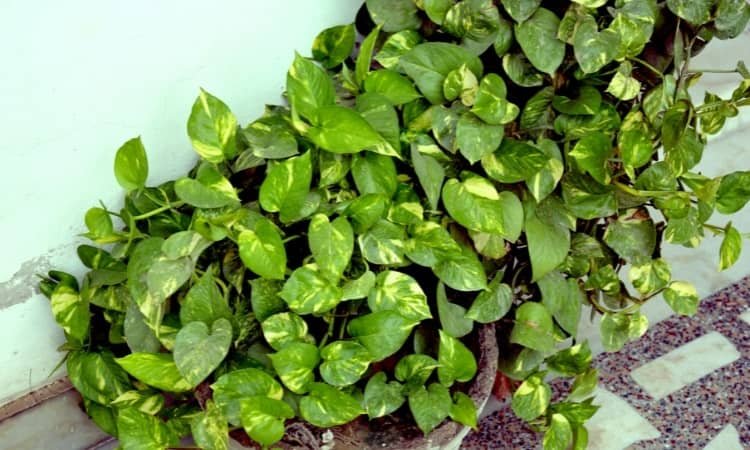
According to the Vastu shastra, the right place for a money plant in your home is in the south-east direction of the room or hall where you live. It brings wealth and prosperity for its owner and removes bad luck from the home. It is also known as an air-purifying indoor plant. They contain white and creamy flowers with a beautiful fragrance that attracts bees, bats, and butterflies. You cannot consume this plant, as it is highly toxic. As a result, you must treat your child and pets as if they were money plants. If you plant this plant in the south-east direction, then Lord Ganesha helps to bring wealth and positivity into your home. This plant does not require as much maintenance as other houseplants because it does not require any special climate conditions.
3. Neem Plant
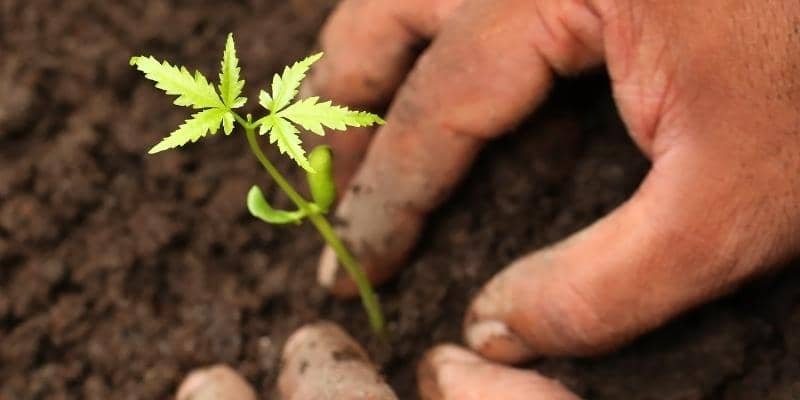
Neem trees are considered auspicious in Vastu and have other beneficial effects in the medicinal field. Among all the Vastu plants in the home, it is one of the most beneficial trees. It is a native plant of India. The height of this plant is approximately 30 meters. Zinc and potassium are responsible for the growth of the neem plant. All parts of the neem plant are used medicinally. plant is non-toxic for everyone, but sometimes it can be harmful to marine bio-diversity. They are significant in terms of health, wealth, culture, and a variety of other factors. If you plant this plant in your garden, then it brings harmony and peace to all family members.
4. Banana Tree

The banana plant is used in worshipping Lord Vishnu as it is one of the holy plants. In the vastu shastra, it is believed that the northeast direction of your home is the best place for planting banana trees. If you consume banana leaves every day, then it is helpful in many ways. Many people prefer to drink tea made from banana leaves. Besides this, leaves are used in many festivals in the Hindu religion, such as the worship of God, marriage for blessing couples, Diwali, and so on. Spring is the most suitable season for growing banana plants. It takes around 4 to 6 months to produce healthy food. The lifespan of a vastu plant is about 6 years.
5. Peony
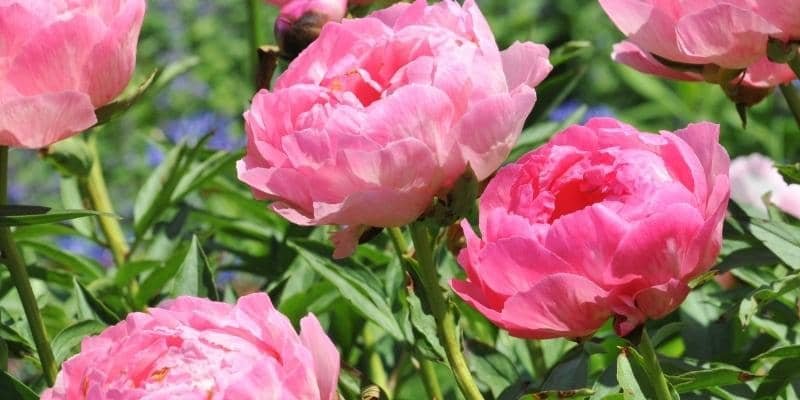
Peony is used for optimism. They represent love. If you find love, you should plant a peony in the south-west corner of your house. The whole plant is 1 meter long. Flowers bloom in the late summer. They need full and bright sun, so you should try to grow this Vastu plant in an open-air garden. They survive 50 to 70 years. From September to October is the appropriate time for planting peony plants. They like fertile, well-drained, and acidic to neutral soil to grow quickly. As per the Vastu, it is also known as the “Queen of
Flowers,” as it represents love, youth, beauty, and romance. People prefer to give peonies as gifts to their near and dear ones on special occasions like Valentine’s Day, marriage anniversary, ring ceremony, Mother’s Day, and so on.
6. Chrysanthemum
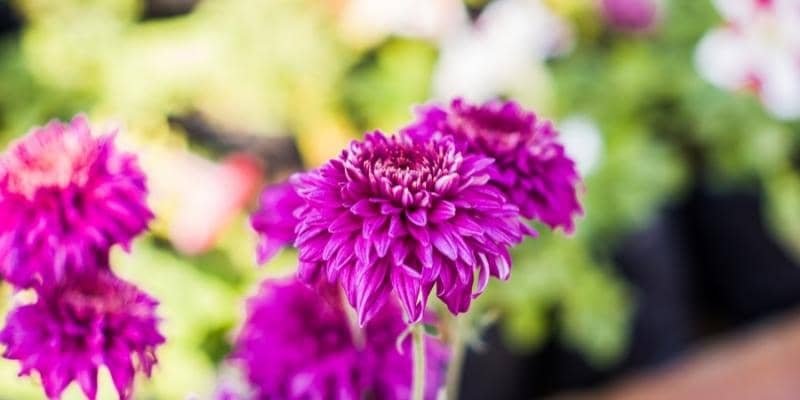
The meaning of “chrysanthemum” is “gold flower.” They contain yellow flowers that stand for happiness and peace in Vastu Shastra. It brings good luck for the home, but you must plant it in the living room. The bedroom is not an appropriate place for this Vastu plant. There are more than 30 species of this plant. During warmer weather, they require regular water. They need good quality fertilizer. This houseplant helps you get relief from various diseases such as chest pain, fever, diabetes, headaches, and so on.
7. Plum Blossoms
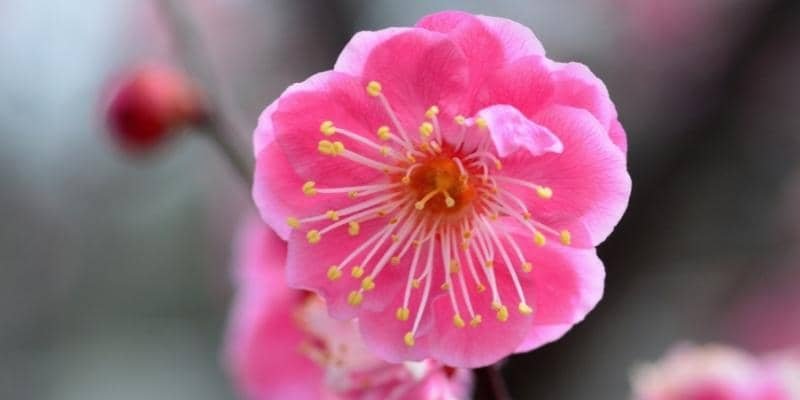
If you plant plum blossoms in your home, it helps to enhance harmony and wealth. The northern direction is the best place for this Vastu plant. This plant blooms in late winter and early spring. Plum blossoms grow from 2 to 5 feet in the first year. This plant lives for 10 to 15 years. They do not produce fruit every year. You should use 10-10-10 fertilizer to ensure that your plant grows properly.
8. Daffodils
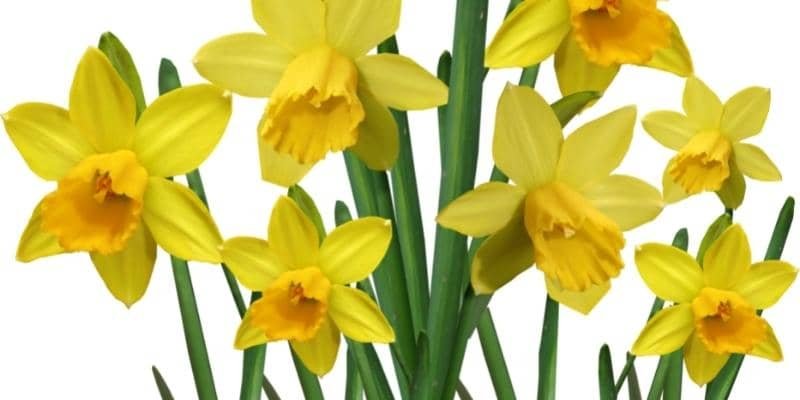
In the Vastu shastra, this plant stands for faith, forgiveness, honesty, and truth. You should plant it in the north-east direction of your house. Fall is the best season for planting it. You should select a location as per the sunlight, as it requires full or partial sun light. This is considered a poisonous plant, so it is important to keep your pets away from this Vastu plant.
9. Jasmine
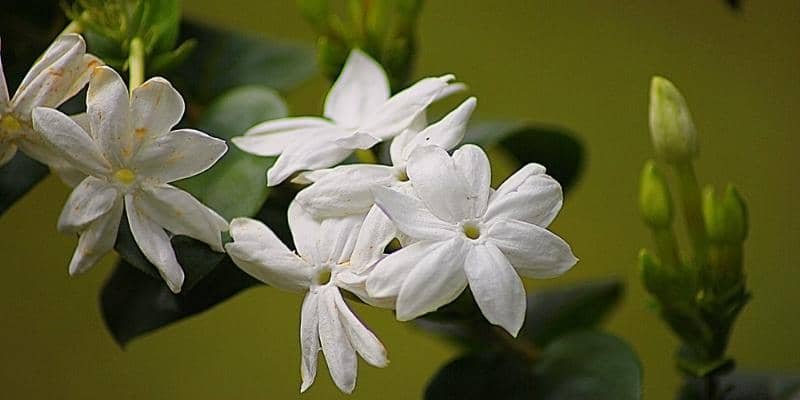
According to the Vastu, it helps to develop positive energy and you can also get relief from stress and work burden. People give it as a gift to their special someone to show their love and care. You should plant it in the north-east direction for better results in your home. The jasmine plant has many valuable medicinal properties. The fragrance of jasmine flowers is the most beautiful feeling for everyone. They stay around for 10 to 15 years.
10. Aloe Vera
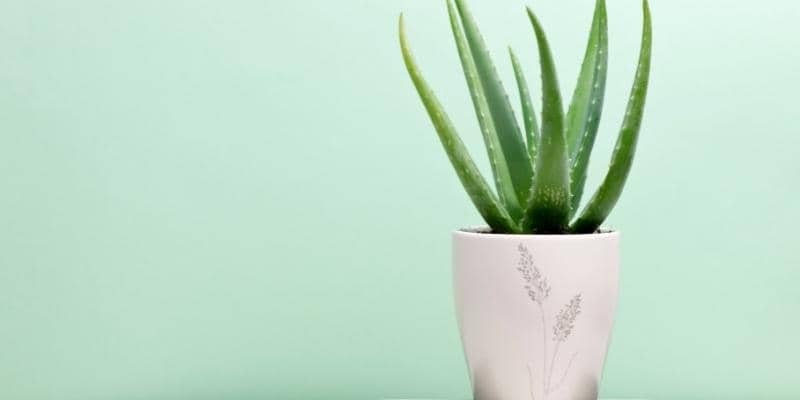
You should place your aloe era plant in the north or east direction. You can also plant them in the pots. They are used in many ways, such as the medicinal field, cosmetic items, and so on. For glowing skin, you can use it, and it also helps to increase in the air by absorbing carbon dioxide. Thailand is the leading producer of aloe era. It grows to about 9 to 12 inches long.
All of the plants mentioned above are Vastu plants that are associated with Hinduism to some extent. They play an indispensable role in everyone’s lives by providing various major benefits. As per the vastu shastra, you should plant even one plant that has maximum advantages with proper maintenance.
Hope, you liked reading the guide. If you think we have missed something or have any suggestion, please drop your valuable opinion in the comment section below.
If you are searching fresh and live houseplants online then checkout our extensive collection of amazing indoor and outdoor houseplants.

